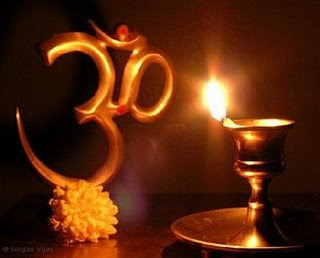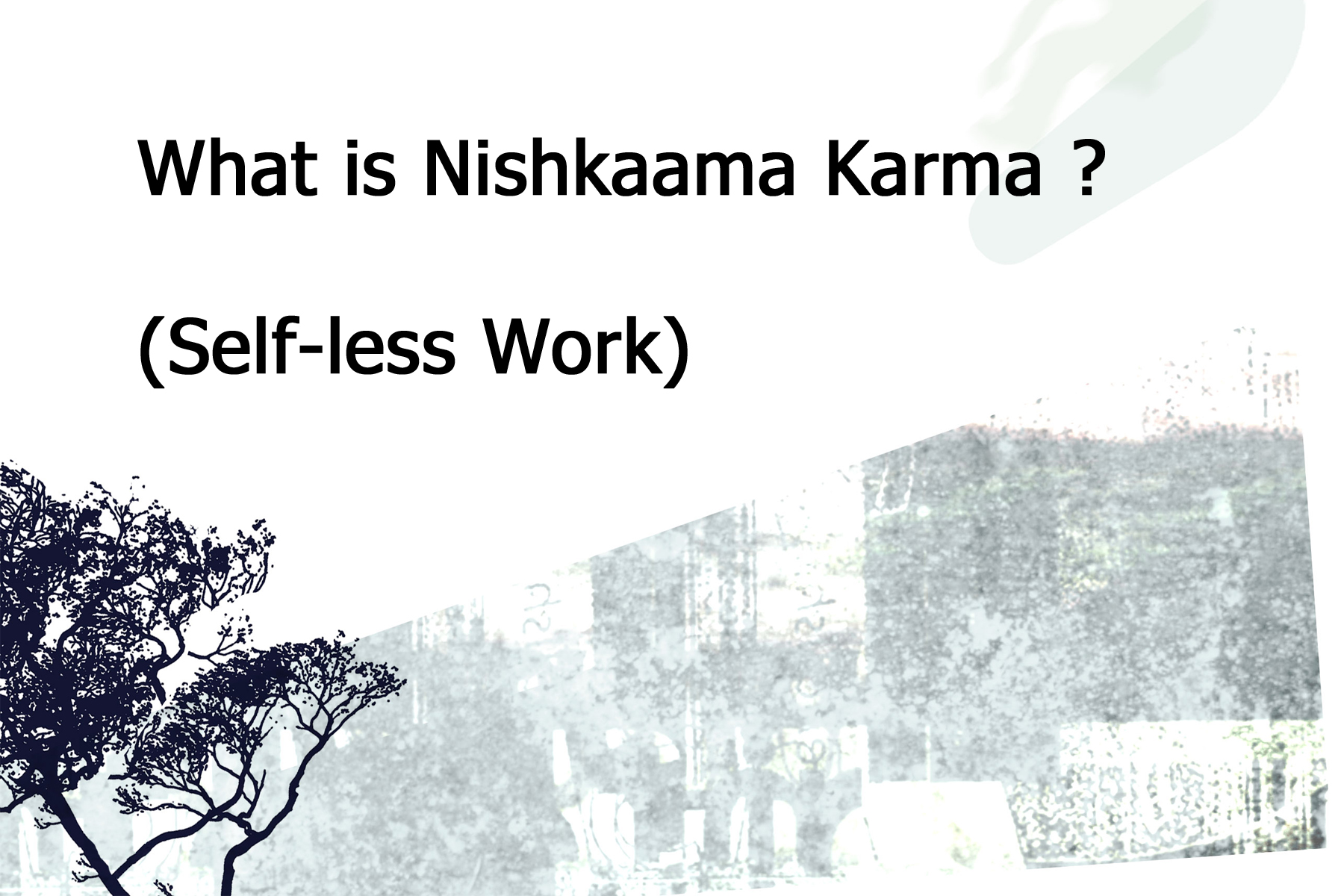Karma : Actions and Results – Vivekananda According to Karma Yoga, the action one has done cannot be destroyed until it has borne its fruit; no power in nature can stop it from yielding its results. If I do an evil action, I must suffer for it; there is no power in this universe […]
You are browsing archives for
Tag: Work-Attitude
Why do good actions and not evil actions...
Why do good actions and not evil actions – Vivekananda Just as every action that emanates from us comes back to us as reaction, even so our actions may act on other people and theirs on us. Perhaps all of you have observed it as a fact that when persons do evil actions, they […]
Do what you feel like doing – Nisargadat
Do what you feel like doing – Nisargadatta Sri Nisargadatta Maharaj Q: I seem to have a clear idea of what needs be done, but I find myself getting tired and depressed and seeking human company and thus wasting time that should be given to solitude and meditation. M: Do what you feel like doing. […]
What is Nishkaama Karma? – Ramana
What is Nishkaamya Karma (Selfless Work) ? Mr. Rangachari, a Telugu Pandit in Voorhees’ College at Vellore, asked about nishkaama karma. There was no reply. After a time Sri Bhagavan went up the hill and a few followed him, including the pandit. There was a thorny stick lying on the way which Sri Bhagavan picked […]
Work Without Getting Caught – Vivekanand
Work Without Getting Caught One of the greatest lessons I have learnt in my life is to pay as much attention to the means of work as to its end. He was a great man from whom I learnt it, and his own life was a practical demonstration of this great principle. I have […]
All actions will go on by themselves – R
All actions will go on by themselves D: Bhagavan said yesterday that while one is engaged in search of God ‘within’, ‘outer’ work would go on automatically. In the life of Sri Chaitanya it is said that during his lectures to students he was really seeking Krishna (Self) within, forgot all about his body and […]
Work Without Attachment – Vivekananada
Work without attachment The Secret of Work This is the central idea in the Gita: work incessantly, but be not attached to it. Samskâra can be translated very nearly to “inherent tendency”. Using the simile of a lake for the mind, every ripple, every wave that rises in the mind, when it subsides, does not die […]
Sages Say: Turn inward while active in t...
We don’t have to give up active living to turn inward. This is what the sages say. Everybody wants to be Happy! No matter what we do, good or bad, right or wrong, we only do it to be Happy. Most of the times, we mistake pleasures to be Happiness. But when we understand that […]
Let come what comes, Let go what goes –
Let come what comes, Let go what goes – Nisargadatta Questioner: As I can see, there is nothing wrong with my body nor with my real being. Both are not of my making and need not be improved upon. What has gone wrong is the ‘inner body’, call it mind, consciousness, antahkarana, whatever the […]









